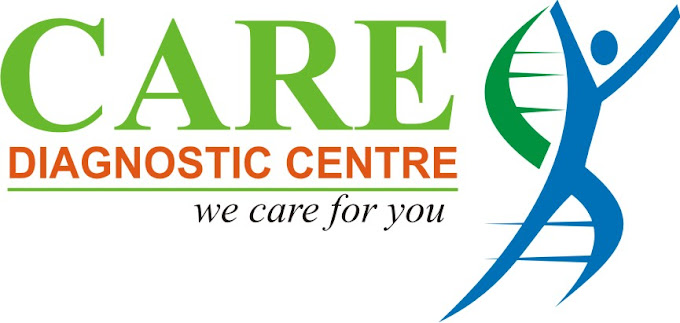NT and NFT Scan

The NT scan measures the thickness of the nuchal translucency, which is the fluid-filled space at the back of the fetus’s neck. An increased NT measurement can indicate an elevated risk of chromosomal abnormalities, cardiac defects, or other genetic syndromes.
Procedure:
The NT scan is typically performed between 11 and 14 weeks of gestation. It involves an ultrasound examination where the thickness of the nuchal translucency is measured using high-frequency sound waves. A blood test, often combined with the NT scan, measures maternal serum markers such as free beta-human chorionic gonadotropin (β-hCG) and pregnancy-associated plasma protein-A (PAPP-A).
Clinical Application:
The combined results of the NT measurement and maternal serum markers are used to calculate the risk of chromosomal abnormalities, particularly Down syndrome. This information helps expectant parents make informed decisions about further diagnostic testing or intervention.
NFT (Nasal Bone and Frontal Bone) Scan
Purpose:
The NFT scan evaluates the presence or absence of the nasal bone and assesses the frontal bone development in the fetus. Absence or hypoplasia (underdevelopment) of the nasal bone is associated with an increased risk of chromosomal abnormalities, particularly Down syndrome.
Procedure:
Similar to the NT scan, the NFT scan is typically performed during the first trimester of pregnancy, between 11 and 14 weeks. It involves a detailed ultrasound examination to visualize the nasal bone and assess the development of the frontal bone in the fetus.
Clinical Application:
The presence or absence of the nasal bone, along with other markers such as the NT measurement and maternal serum markers, contributes to the overall assessment of the risk of chromosomal abnormalities, particularly Down syndrome. An absent nasal bone, in conjunction with other findings, may increase the likelihood of chromosomal abnormalities and prompt further evaluation or counseling.
Advantages and Limitations:
Advantages: Both the NT scan and the NFT scan are non-invasive procedures that provide valuable information about the risk of chromosomal abnormalities in the first trimester of pregnancy. They can help identify pregnancies at higher risk, allowing for appropriate counseling, further diagnostic testing, or intervention.
Limitations: While the NT scan and the NFT scan are effective screening tests, they are not diagnostic. An increased NT measurement or absent nasal bone does not definitively diagnose chromosomal abnormalities but indicates an elevated risk. Further diagnostic testing, such as chorionic villus sampling (CVS) or amniocentesis, may be recommended for confirmation.
Integration with Prenatal Care:
The NT scan and the NFT scan are often integrated into routine prenatal care for pregnant individuals. They complement other screening and diagnostic tests, such as cell-free DNA testing (cfDNA), maternal serum screening, and fetal anatomy ultrasound, to provide a comprehensive assessment of fetal health and risk of chromosomal abnormalities. This integrated approach allows healthcare providers to offer personalized care and support to expectant parents throughout pregnancy.

